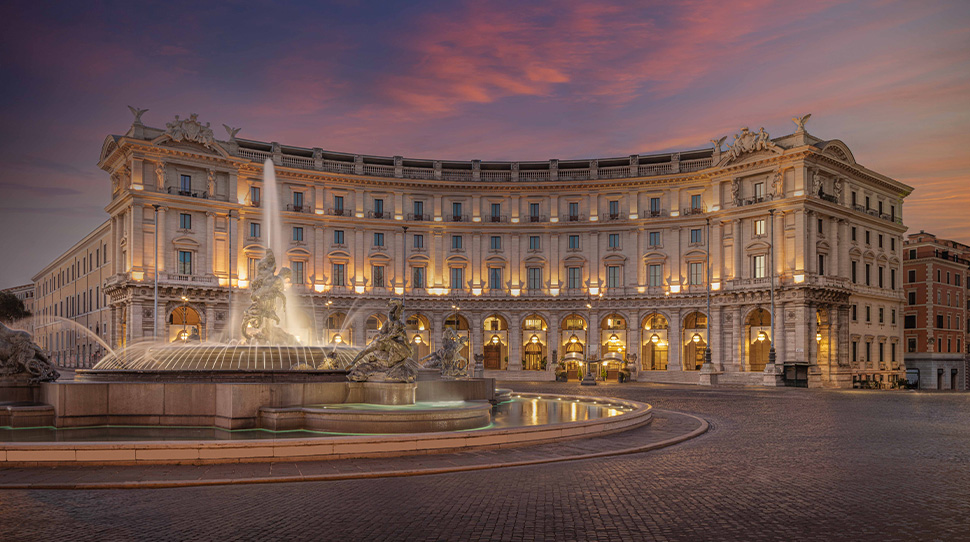How much is a hotel in Italy? This question often looms large for travelers planning their dream trip to the land of pasta, wine, and ancient history. Understanding the cost of accommodations in Italy can help you budget effectively and make informed decisions about where to stay. From budget-friendly hostels to luxury villas, the range of options is vast, and the price varies depending on several factors such as location, season, and amenities. In this guide, we’ll break down the costs associated with hotels in Italy, provide insights into different types of accommodations, and offer tips for finding the best deals.
Factors That Influence Hotel Prices in Italy
Several key factors determine how much a hotel in Italy will cost. Location is one of the most significant. Cities like Rome, Florence, and Venice are popular tourist destinations, which means that hotels in these areas tend to be more expensive compared to smaller towns or rural regions. For instance, a hotel in the heart of Rome might cost significantly more than a similar establishment in a nearby countryside town.
Seasonality also plays a crucial role. The peak travel seasons in Italy are during the spring (April to June) and summer (July to August), when the weather is pleasant and many tourists flock to the country. During these times, prices for hotels can surge by 50% or more. Conversely, traveling during the off-peak seasons, such as late autumn or winter, can result in lower rates and fewer crowds.
Another factor to consider is the type of accommodation. Budget hotels, hostels, and guesthouses are generally more affordable than luxury resorts or boutique hotels. Hostels, for example, can cost as little as $30 per night, while a five-star hotel in a major city could easily exceed $200 per night. Additionally, the amenities offered by a hotel can affect the price. Rooms with private bathrooms, air conditioning, and breakfast included may come at a premium compared to those without these features.
Types of Accommodations in Italy
Italy offers a wide array of accommodation options to suit different budgets and preferences. Hostels are an excellent choice for budget-conscious travelers, especially those looking to meet other travelers and save money. These establishments often provide dormitory-style rooms, shared bathrooms, and common areas for socializing. A hostel in a major city might cost around $20 to $40 per night, making it a popular option for backpackers and young travelers.
For those seeking a bit more privacy and comfort, budget hotels are a good alternative. These hotels typically offer private rooms with basic amenities such as a television, Wi-Fi, and a small refrigerator. They are often located in central areas and can be found for around $50 to $100 per night. Some budget hotels may also include a continental breakfast, which can help reduce overall expenses.
Luxury hotels and boutique accommodations cater to travelers who prioritize comfort and style. These establishments often feature high-end furnishings, spa services, and gourmet dining options. Staying in a luxury hotel in Italy can cost anywhere from $150 to $500 per night, depending on the location and the level of service provided. For those looking for a unique experience, luxury villas and farmhouses (agriturismi) offer a blend of rustic charm and modern comforts, often at a reasonable price compared to traditional hotels.
Tips for Finding Affordable Hotels in Italy
Finding an affordable hotel in Italy doesn’t have to be difficult if you know where to look. One effective strategy is to book in advance, especially during peak travel seasons. Many hotels offer early bird discounts or special promotions for guests who reserve their stays well ahead of time. Additionally, using online booking platforms such as Booking.com, Expedia, or Airbnb can help you compare prices and find the best deals.
Another tip is to consider staying outside of the main tourist areas. While cities like Rome and Venice are must-visit destinations, there are often more affordable options just a short distance away. For example, staying in a neighboring town or a coastal village can provide a more authentic experience at a lower cost. Furthermore, some hotels offer free cancellation policies, which can give you more flexibility if your plans change.
Lastly, don’t overlook the value of local knowledge. Speaking with locals or checking travel forums can provide valuable insights into hidden gems and less-expensive accommodations. Sometimes, a small family-run hotel or a guesthouse can offer exceptional service and amenities at a fraction of the cost of larger chains.
Conclusion
Understanding how much a hotel in Italy costs is essential for planning a successful and enjoyable trip. By considering factors such as location, season, and type of accommodation, travelers can make informed decisions that fit their budget and preferences. Whether you’re looking for a budget-friendly hostel, a comfortable budget hotel, or a luxurious villa, there are plenty of options available. With a bit of research and strategic planning, you can find the perfect place to stay and make the most of your Italian adventure.



